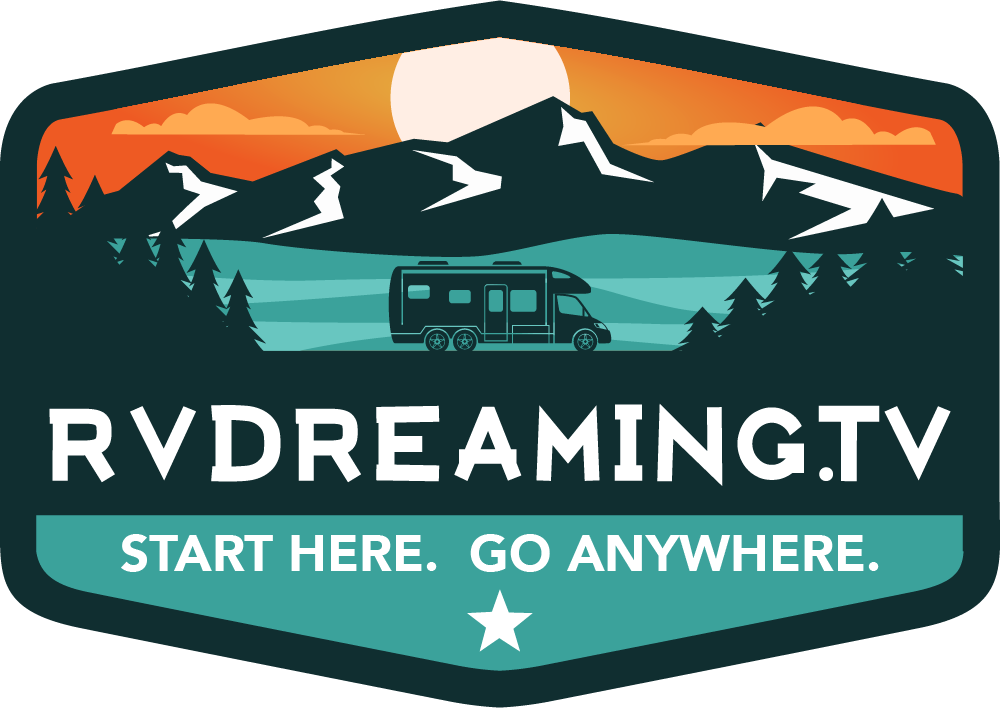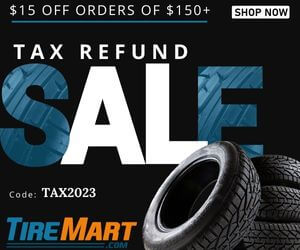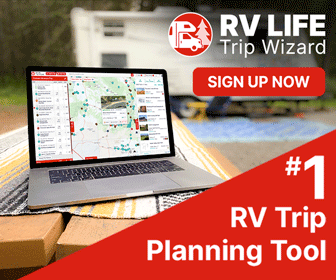So you want to buy an RV but you’re not sure how to pay for it? Don’t worry, there are lots of options! Here’s a guide to help you figure out the best way to finance your RV purchase:

Personal Loans
Personal loans are loans that you can get from banks, credit unions, or online lenders. They are meant for personal expenses, like financing a big purchase like an RV. There are two types of personal loans: secured and unsecured. A secured personal loan requires collateral, which is something you own (like a car) that the lender can take if you don’t pay back the loan. An unsecured personal loan doesn’t require collateral.
Personal loans usually have lower interest rates than credit cards, so they can be a good option for financing an RV purchase. The interest rate is the percentage of the loan amount that you have to pay back in addition to the loan itself. A lower interest rate means you’ll pay less in total over the life of the loan.
To apply for a personal loan, you’ll need to fill out an application and provide some information about yourself, like your income and employment history. The lender will use this information to decide whether to approve your loan and, if so, at what interest rate.
Dealer Financing
Some RV dealerships offer their own financing options. This means you can apply for a loan and complete the whole process at the dealership. Dealer financing can be convenient because you don’t have to go to a bank or credit union to apply. But it’s important to compare rates and terms from multiple lenders before you decide because the dealership might not have the best deal.
The interest rate on dealer financing is usually higher than on personal loans because the dealership is taking on more risk by lending you money without collateral. It’s important to carefully read and understand the terms and conditions of the loan, including the interest rate and monthly payment before you agree to it.
Finance through Banks and Credit Unions
There are lenders that specialize in loans just for RVs. These loans might have better terms and interest rates compared to personal loans or dealer financing, so it’s worth looking into. RV loans are typically offered by banks, credit unions, and specialized lenders that focus on recreational vehicle financing. The terms and conditions of RV loans may vary, so it’s important to shop around and compare offers from multiple lenders.
Credit Cards
If you have good credit, you might be able to finance your RV purchase with a credit card. Good credit means you have a history of making your loan and credit card payments on time, which makes lenders more confident that you’ll be able to pay back a loan. Some credit cards have a promotional period where you don’t have to pay any interest on your purchases. This can be a good option if you can pay off the balance before the promotional period ends.
But be careful – if you don’t pay off the balance before the promotional period ends, you’ll start accruing interest on the remaining balance and it can get expensive quickly. Credit card interest rates are usually higher than personal loan or RV loan interest rates, so it’s important to pay off the balance as soon as possible to avoid paying a lot of interest.
Home Equity Loans
If you own a home and have built up equity (basically, if you’ve paid off a lot of your mortgage), you might be able to use a home equity loan to finance your RV. These loans are secured by your home and usually have lower interest rates than other financing options. However, if you can’t make the loan payments, you could lose your home. So it’s important to make sure you can afford the monthly payments before you agree to a home equity loan.
A home equity loan allows you to borrow against the equity you have built up in your home. The loan amount is typically based on the difference between the value of your home and the amount
you still owe on your mortgage. Home equity loans may have lower interest rates than other financing options, as the lender has the added security of the home as collateral.
However, it’s important to be mindful of the risk of losing your home if you’re unable to make the loan payments. It’s also important to carefully read and understand the terms and conditions of the loan, including the interest rate, monthly payment, and repayment period. Make sure you can afford the monthly payments before agreeing to a home equity loan.
Conclusion
There are many different financing options available for purchasing an RV, including personal loans, dealer financing, RV loans, credit cards, and home equity loans. Each option has its own pros and cons, so it’s important to carefully consider your options and choose the one that works best for your situation. Be sure to read and understand the terms and conditions of any loan before agreeing to it, and make sure you can afford the monthly payments.

















Trackbacks/Pingbacks